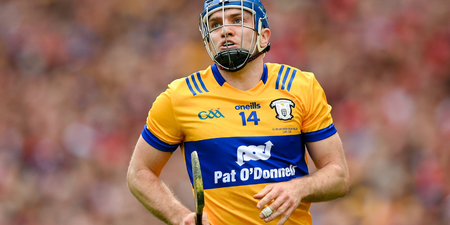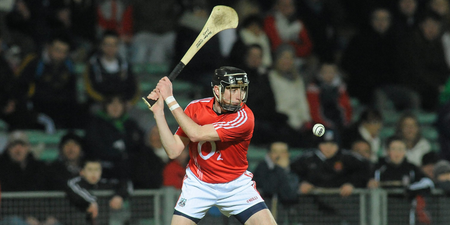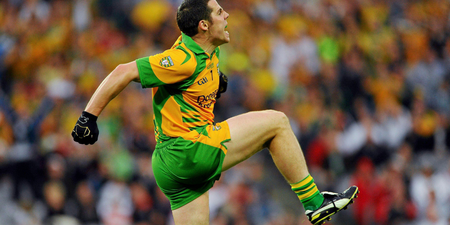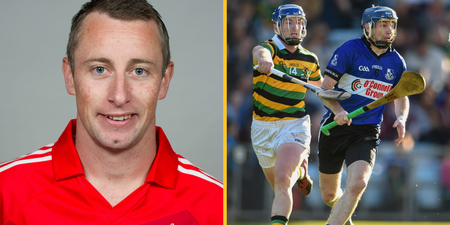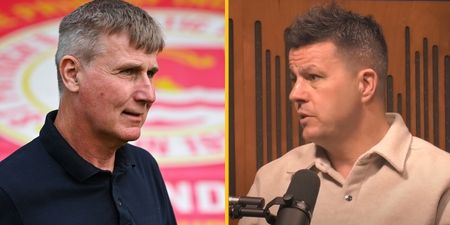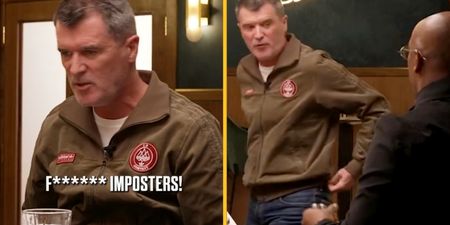Good things, like changes to GAA fixtures, come to those who wait
The GAA can never be accused of moving too quickly – unless you’re talking about Anthony Nash’s penalty technique – and Liam O’Neill admits making changes to the fixture calendar is a delicate process.
The Laois man, who is entering the final months of his tenure as head of the Association, is hopeful that a date of November 20 would see an end to all provincial club action from 2016. Speaking at the launch of the 2015 Allianz football leagues, O’Neill revealed that all matters surrounding the calendar and the Hurling 2020 review rule would be discussed at Congress.
‘The motions that require rule changes will be put in motion form for Congress and the rest will be discussed at a special meeting of Central Council along with the parts of the Minor Review and the calendar year if there are any outstanding changes that needed to be done. The calendar year one will be dealt with at the Central Council meeting at Congress. We would all love to be able to say that we could jump from A to Z on this. Because of the fact that you have to get your proposals, in this case through Central Council, they have to be reasonable and we could have gone for more radical ones and we might then have lost.’
Of course any changes to the GAA rulebook require a two-thirds majority and many’s the well intended motion that has been scuppered on the rocks of failing to gain the required 66 per cent vote. There has been a broad welcome for the change with players looking to finally have a definite end point to their seasons. O’Neill understands that there is much work to be done in trying to change the various schedules, as well as finding time to alter competitions.
‘From early July a majority of counties will be able to start their championships. They will be freed of their inter-county commitments and that’s a huge change. So we have a date set for November 20 for the end of the provincial championships. People know now that the provincial championships end then. Counties will then know the latest dates by which they will have to have their championships over and their champions nominated.’
That is a change that may come into the GAA but a rule which is on the way out is the clock/hooter system. It was meant to bring an end to confusion over time keeping and make referees’ lives an awful lot easier but it seems it now will not happen. The GAA president admits there was a feeling that the system was not 100 per cent right for GAA due to technical difficulties,
‘The evidence was such that it couldn’t be done at this particular point in time. It doesn’t mean it couldn’t be done in the future but we have to get it 100 per cent right. Of course it is frustrating, but the difficulty is our game is technical and our games matter and people want things 100 per cent and we have no option. Most other sporting organisations around the world people can get things less than 100 per cent. We have to get things 100 per cent right and we are not going to take the chance.’
The clock was voted in to the rulebook at a previous congress but is now set to be removed without ever having seen action in the Championship. There had been concerns if teams knew exactly how much time would be left in a game that they would play ‘keep-ball’ or use tactics to run down the clock. The Laois man admits that in some trial instances they were not happy with the outcome of having a hooter in place. He says it’s no surprise that something which seemed so easy to implement on paper has become embroiled in difficulty.
‘It had the potential to have endings of games that you wouldn’t want. We want to end our games in excitement, we don’t want a situation where because of the hooter a set of circumstances come about where the end of the game could be an anti-climax. I think we have a responsibility on that.‘
The new year has seen the GAA once again involved in a sectarian abuse controversy after Cavan’s Gearoid McKiernan was hit with a two-match ban for alleged comments made to Drew Wylie. Liam O’Neill has apologised on behalf of the GAA and is hoping that more severe sanctions for that type of behaviour can be fast-tracked through Congress. He admits that the punishment could have been more severe but the Ulster Council was hampered by the rule in place.
‘We regret it terribly. The organisation is upset about it, I’m upset about it and on behalf of the organisation I would just like to say we’re very, very sorry it happened to him. The rule that was acted on that you get the red card for an incident of racist or sectarian abuse and the referee correctly applied the rule in this case. The rule at the moment is competition specific and it’s time specific and the rule as it is in the rule book was applied perfectly by Ulster Council. We now accept that it’s not adequate. We thought it was adequate, it’s not adequate, and what we’re going to do is deal with it immediately. There will be a motion to Congress to strengthen that rule and increase the punishment.’
O’Neill also feels that players found guilty of abusing another player should have to undertake some form of education or training in order to prevent instances occurring again in the future.
‘I feel that when a player says something of this nature he should have to go on some sort of a programme, human relations or racial relations or whatever sort of programme you’d call it, where he would learn how to behave towards other people. We would also see it in a situation where if supporters do it that we would like the unit who is responsible for the supporters to hold a course in their club to re-educate people.’











